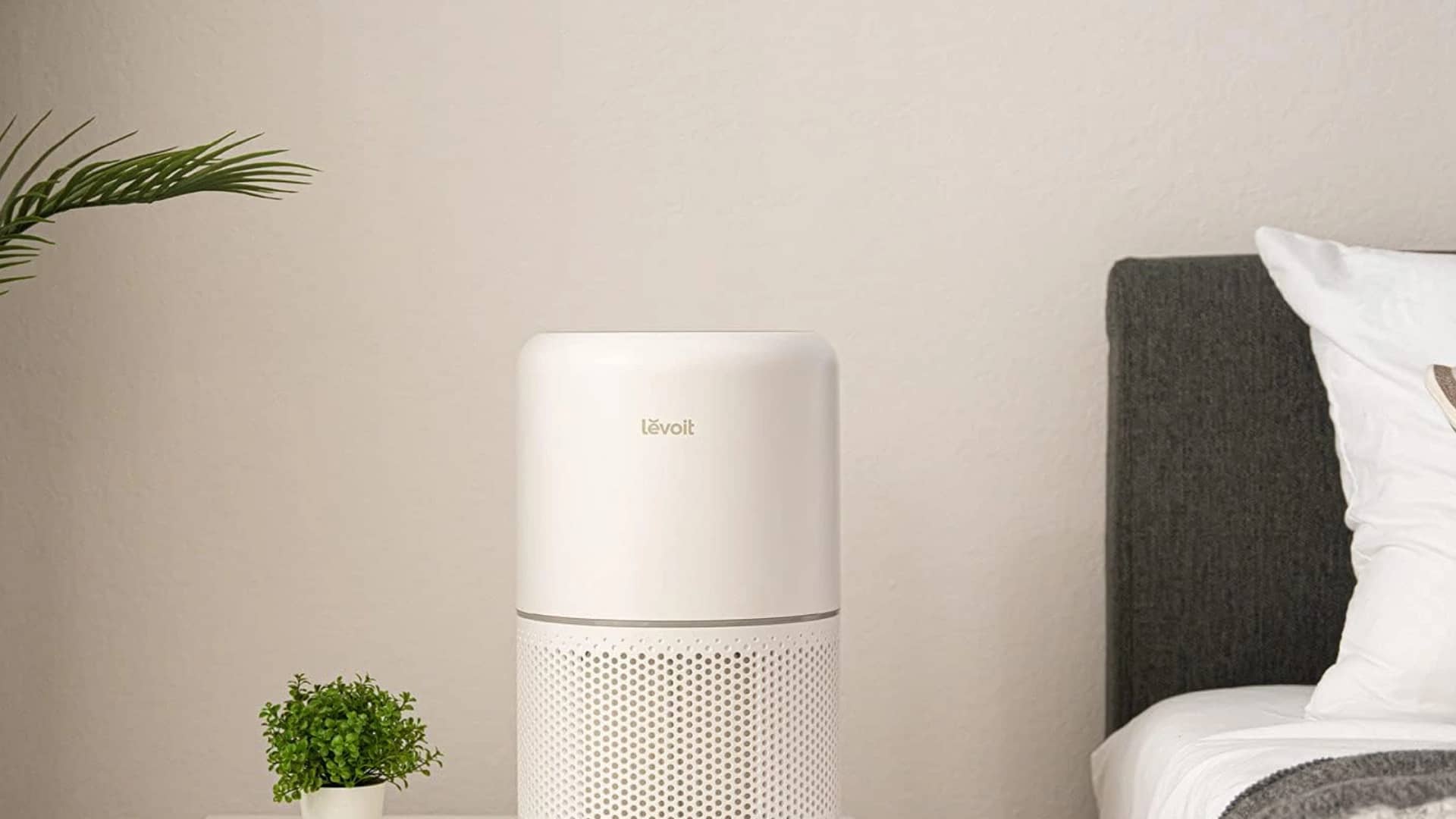Table of Contents
Introduction
Respiratory health is a cornerstone of overall well-being, yet it often receives less attention than other aspects of health, like diet and exercise. If you are questioning how to keep lungs healthy, it means you are more aware of how respiratory health is essential. The truth is that without healthy lungs and a robust respiratory system, our bodies cannot function optimally.
Lung health is crucial for general health. They make breathing easy for us and give our bodies the air they need to work at their best. Here are ten tips to help you keep your lungs healthy and make your breathing health better.
Follow these 10 tips to keep your lungs healthy.

1. Avoid Smoking and Secondhand Smoke: Smoking is a leading cause of respiratory problems. If you smoke, quitting is the best thing you can do for your lung health. Also, avoid secondhand smoke exposure, as it can be just as harmful.
If you are living with a smoker and want to avoid secondhand smoke, read this article—tips for living with smokers and avoiding secondhand smoke.
2. Exercise Regularly: Engaging in regular physical activity helps improve lung capacity and overall respiratory function. Brisk walking, swimming, and cycling can significantly benefit your lung health.
3. Practice Deep Breathing Exercises: Deep breathing exercises can strengthen the muscles that support the lungs. Try techniques like diaphragmatic breathing or pursed-lip breathing to enhance lung function.
4. Maintain Proper Posture: Good posture allows for optimal lung expansion and efficient breathing. Avoid slouching, and make an effort to sit and stand up straight.
5. Keep Indoor Air Clean: Ensure good ventilation in your living space, and use best air purifiers to reduce exposure to allergens and pollutants that can irritate the respiratory system.
6. Stay Hydrated: Proper hydration keeps the mucous membranes in your respiratory tract moist, which helps protect against infections and irritants.
7. Consume a Balanced Diet: Nutrient-rich foods support overall health, including respiratory function. Add fruits, vegetables, lean proteins, and whole grains to your diet.
8. Practice Good Hygiene: Regular handwashing and avoiding touching your face can help prevent respiratory infections, including colds and flu.
9. Get Vaccinated: Stay up-to-date with vaccinations, particularly those for influenza and pneumonia. These can help protect your respiratory system from severe infections.
10. Monitor Your Environment: Be aware of potential respiratory hazards in your surroundings, such as air pollution, industrial chemicals, and allergens. Take necessary precautions to minimize exposure.
Respiratory Health: A Gateway to a Fuller Life
Our breathing system is a fantastic piece of biological engineering. It works nonstop to bring oxygen to every cell in our bodies. Even though it’s essential, lung health sometimes gets the attention it deserves in our health routine. We’ll talk about why knowing about and taking care of our respiratory health is vital for living a whole and busy life.
The Connection Between a Healthy Respiratory System and Quality of Life:

Energy and vitality: A respiratory system that is healthy and well-maintained guarantees that our cells receive the oxygen that is necessary for them to produce energy effectively.
Combatting Chronic Condition: Regularly caring for your lungs can help with asthma, COPD, and even heart problems. One of the most important things you can do to manage and avoid chronic illnesses is to keep your lungs healthy.
Mental and Emotional Well-being: Getting enough oxygen in your blood is essential for brain health, so ensure you get enough. When the brain gets enough oxygen, it can handle stress better, think more clearly, and keep its mental balance. It’s not an exaggeration to say that your mental health is linked to your lung health.
Longevity and Aging Gracefully: Many studies have shown that people with healthy lungs are more likely to live longer and be more active as they age. We can improve the quality of our lives and lengthen our lives by putting our lungs first.
Nurturing Respiratory Health
1. Regular Exercise and Physical Activity: Engaging in regular aerobic exercise strengthens the respiratory muscles and enhances lung capacity. It’s like a workout for your lungs, ensuring they perform optimally even under stress.
2. Mindful Breathing Practices: Regular breathing exercises make breathing stronger and expand the lungs. It’s like working out for your lungs, ensuring they work at their best even when they’re under much stress. You can use Lung exercise devices to combat negative impacts on the lungs and improve respiratory function.
3. Avoiding Harmful Substances: To keep your lungs healthy, avoid tobacco and limit exposure to air pollutants. This means avoiding secondhand smoke and ensuring our homes have good airflow.
If you are planning to quit smoking, The American Lung Association developed the tool to help you stop smoking. This tool, tips, and support can help you or your loved one end your addiction to tobacco and begin a new, smoke-free phase of your life.
4. Nutrition and Hydration: Fruits, veggies, and whole grains are good sources of nutrients that protect lung tissue and help oxygen move through the body more efficiently. For healthy lungs, eat a varied diet of antioxidants and stay hydrated.
Conclusion:
Having healthy lungs is essential for living a whole and busy life. We can unlock a world of energy, clarity, and life by recognizing its essential role and taking steps to care for it. Let’s honor our lungs and promise to give them the care and attention they need because they open the door to a better, happier life.



